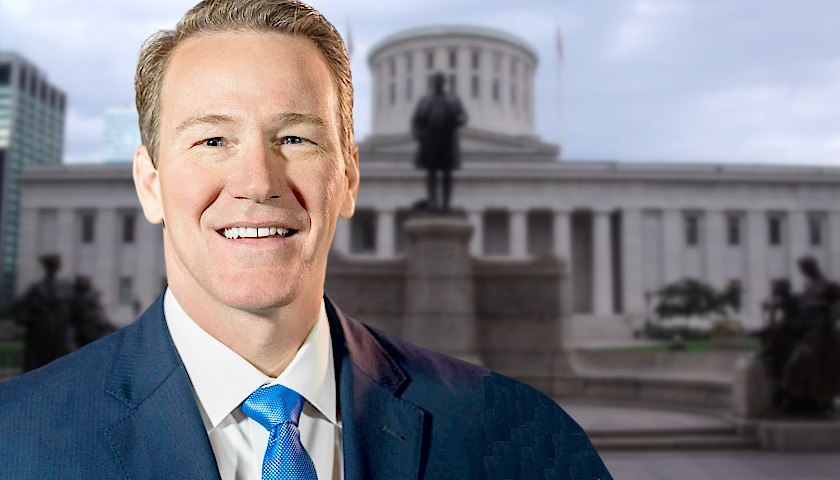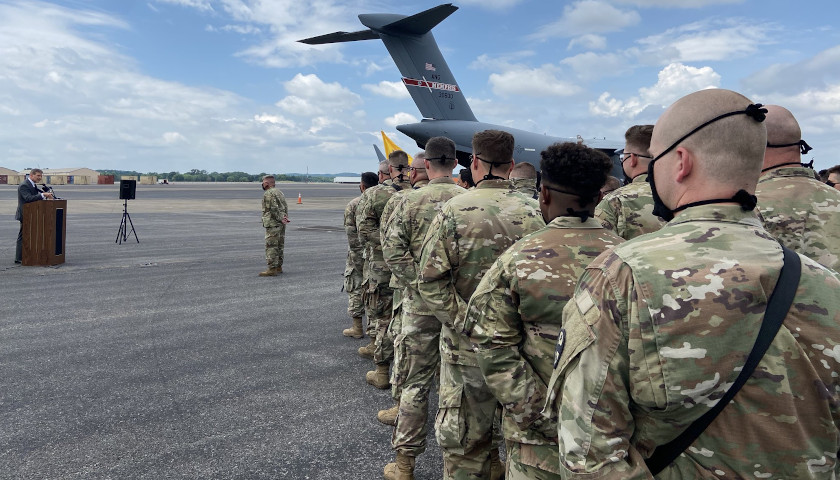Ohio Lt. Gov. Jon Husted wants to use taxpayer-funded resources to expand broadband access to rural parts of the state.
But free-market forces will reportedly offer the service to rural areas in coming years, thanks to new technologies.
According to the Kent-based WKSU, Husted is “tired of waiting for providers to come forward with ideas on how to expand broadband and high-speed internet in Ohio. So he’s offering up some state-owned options to those companies to get them on board.”
“Husted said the state wants to know if providers might want access to infrastructure, such as easements along state highways, the state’s fiber-optic network, and ODOT cell phone towers,” the station reported.
Husted reportedly said “it’s an economic imperative to get broadband to nearly 1 million Ohioans who don’t have it in rural and inner city areas.”
“I’ve heard for a long time that the private sector will take care of this but hasn’t taken care of it. So we need to nudge them to get them engaged in helping us address this issue,” Husted reportedly said.
According to the station, providers say it’s expensive to expand broadband into rural areas.
“Husted said the use of this state-owned infrastructure could help. But another reason broadband hasn’t come to these non-connected populations is that they can be in small clusters and quite often have less income,” the station reported.
As Tennessee Watchdog reported in 2014, research shows that more than half the people who use the Internet do so for entertainment. That calls into question whether taxpayers and ratepayers should bring broadband into rural areas under the pretense of economic development.
The former CEO of a Jackson-based ISP pointed Tennessee Watchdog to data showing most people go online for entertainment, with almost 32 percent of all North American Internet traffic using Netflix.
Nearly 20 percent of online users, meanwhile, were on YouTube.
“Everybody knows that half the traffic on the Internet is for entertainment,” said Jonathan Harlan, who passed away in 2018.
Harlan was CEO of the Jackson, Tennessee-based Aeneas Internet & Telephone services.
Many remaining Internet users, according to ZDNet, are on iTunes, Hulu or Amazon Instant Video.
Harlan said Internet is not infrastructure.
“Our government is there in many cases to meet public needs. There is no other way to provide them. This could be sanitation, law enforcement, guaranteed weight measures, our system of laws, several things,” Harlan said in 2014.
“If there’s a private sector enterprise that will meet a need then the government has no business being in that area.”
Harlan also said branching out into rural areas is expensive for an ISP, but, in the coming decade, less expensive solutions will present themselves through the free market.
“Wireless technology will be the solution certainly in the next 10 years to reach extreme rural people,” Harlan said, citing AT&T as one likely example of a company that will introduce it.
– – –
Chris Butler is an investigative journalist at The Tennessee Star. Follow Chris on Facebook. Email tips to [email protected].





